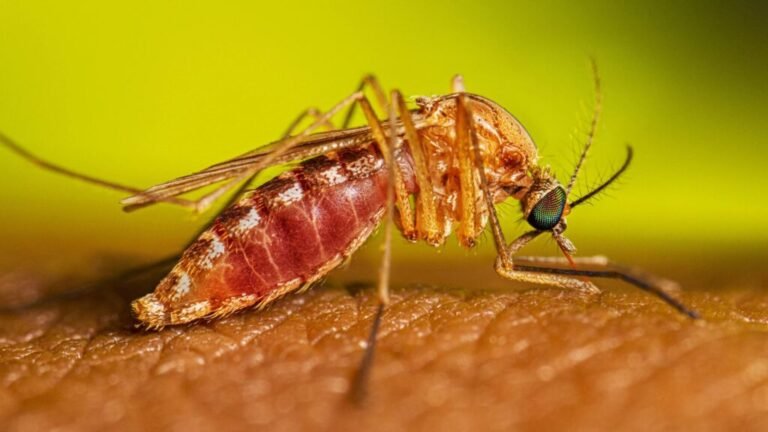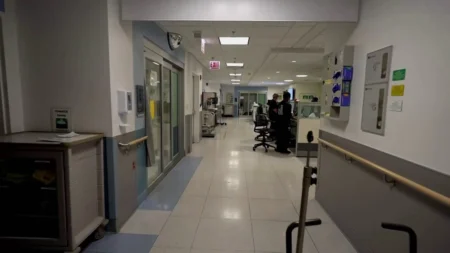Illinois has recorded its first death from West Nile virus this year, according to the Illinois Department of Public Health (IDPH). Lab tests confirmed that the virus contributed to the death of a resident in their 60s.
IDPH Director Dr. Sameer Vohra said the fatality is a “sobering reminder” that mosquito-borne illnesses remain a threat. He urged residents to take precautions while warm weather continues, as mosquito activity is at its peak.
“West Nile virus is still with us,” Dr. Vohra said. “It’s important to protect yourself and your family by reducing exposure to mosquitoes and reporting stagnant water where they can breed.”
Since the surveillance period began on September 6, suburban Cook County has reported 33 cases of West Nile virus. This is nearly double the number of cases reported in the same period last year. Of these, 22 have been classified as neuro-invasive, meaning the virus has affected the central nervous system.
Last year, suburban Cook County recorded 19 cases and five deaths from West Nile virus. Statewide in Illinois, there were 69 human cases in 2024, with 50 cases in Cook County alone, resulting in a total of 13 deaths.
Health officials remind the public that the virus spreads through mosquito bites. Most infected individuals experience mild symptoms, such as fever, headache, and body aches. However, in severe cases, the infection can lead to neurological complications, including meningitis and encephalitis.
Dr. Vohra emphasized the importance of the “Three R’s” to prevent West Nile virus infection. The first is Reduce opportunities for mosquito exposure by eliminating standing water in containers, gutters, and other areas where mosquitoes breed.
The second is Repel bites by wearing long sleeves, using insect repellent, and staying indoors during peak mosquito activity at dawn and dusk. The third is Report stagnant water to local authorities so that proper mosquito control measures can be implemented.
Local health departments are also monitoring mosquito populations closely. Increased testing has identified areas with higher mosquito activity, prompting targeted spraying in some suburban neighborhoods. Officials stress that personal protection is critical even in areas where spraying has occurred.
Illinois residents are urged to remain vigilant and follow public health guidance. Using window screens, wearing protective clothing, and applying insect repellent can significantly reduce the risk of infection. Community participation in removing standing water is also crucial to limit mosquito breeding sites.
The state recommends that people seek medical attention if they experience severe symptoms such as high fever, neck stiffness, or confusion. Early treatment and monitoring can help manage serious cases and prevent complications.
Public health experts continue to monitor West Nile virus trends throughout the season. With rising temperatures and increased mosquito activity, officials expect more cases in the coming weeks. Awareness campaigns and community engagement remain key strategies to reduce the risk of infection.
“Fight the Bite” remains the central message of the IDPH campaign, reminding residents that simple steps can prevent serious illness. The first death this year highlights the ongoing importance of these precautions as the state heads into the peak of mosquito season.
Illinois residents should remain informed about the latest updates from the IDPH and local health departments. By taking proactive steps, individuals can protect themselves, their families, and their communities from West Nile virus.







